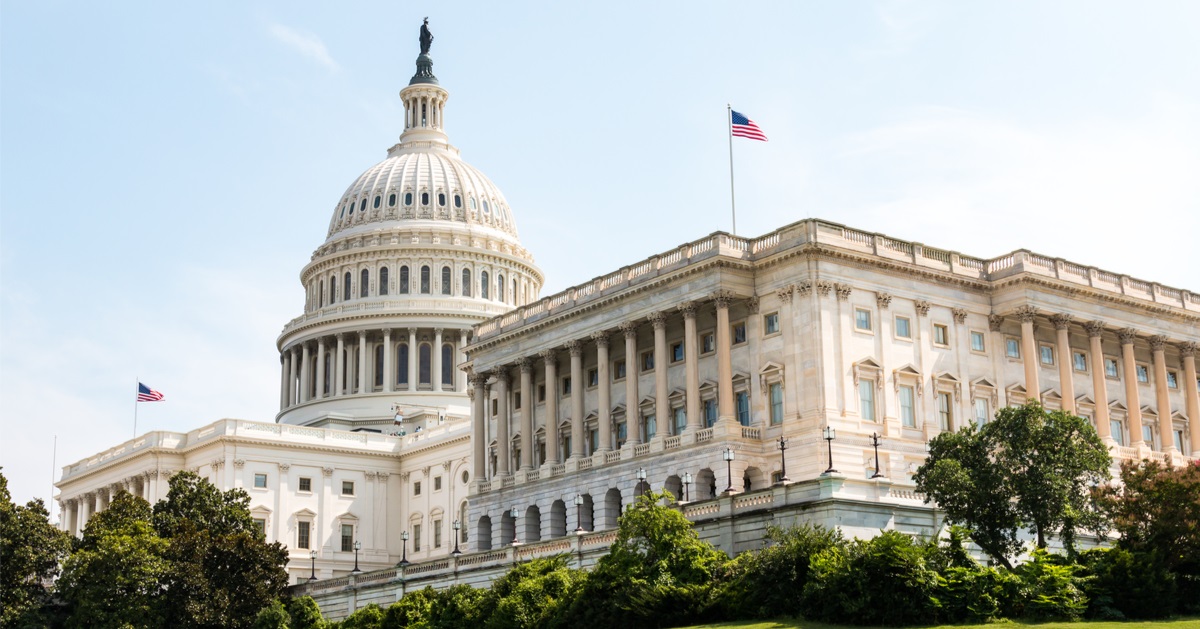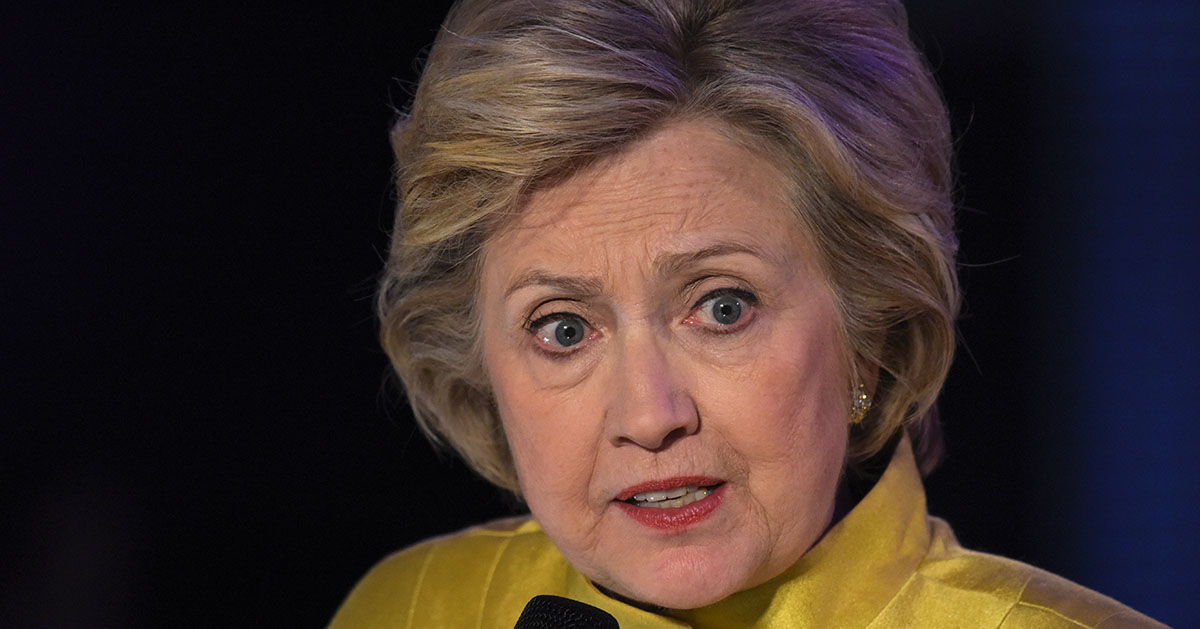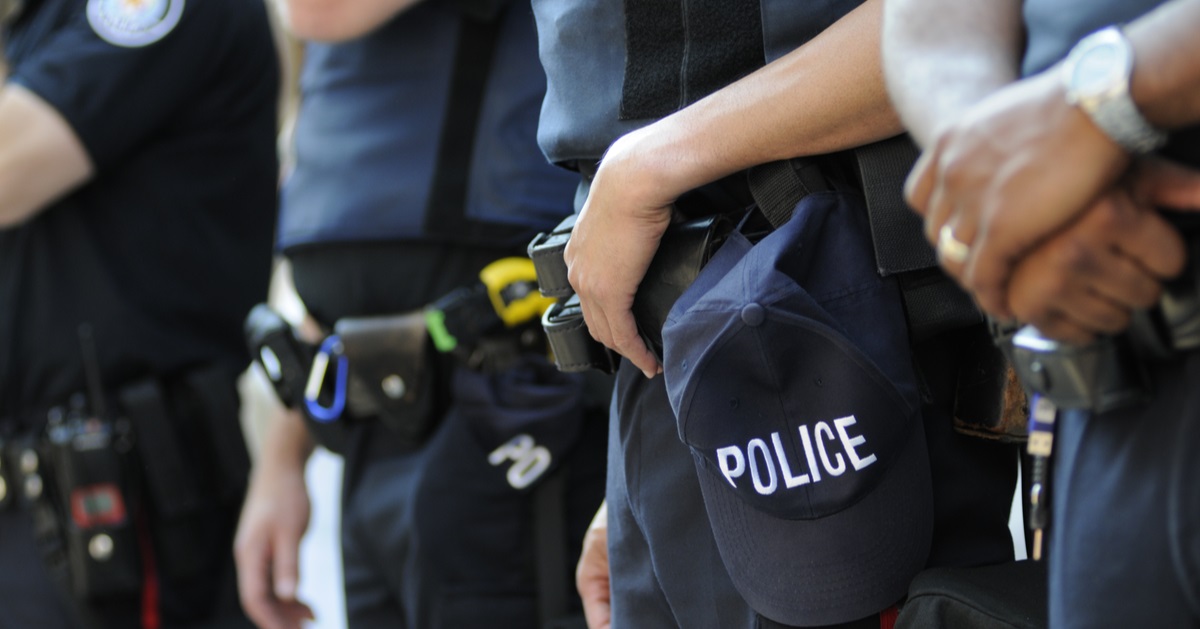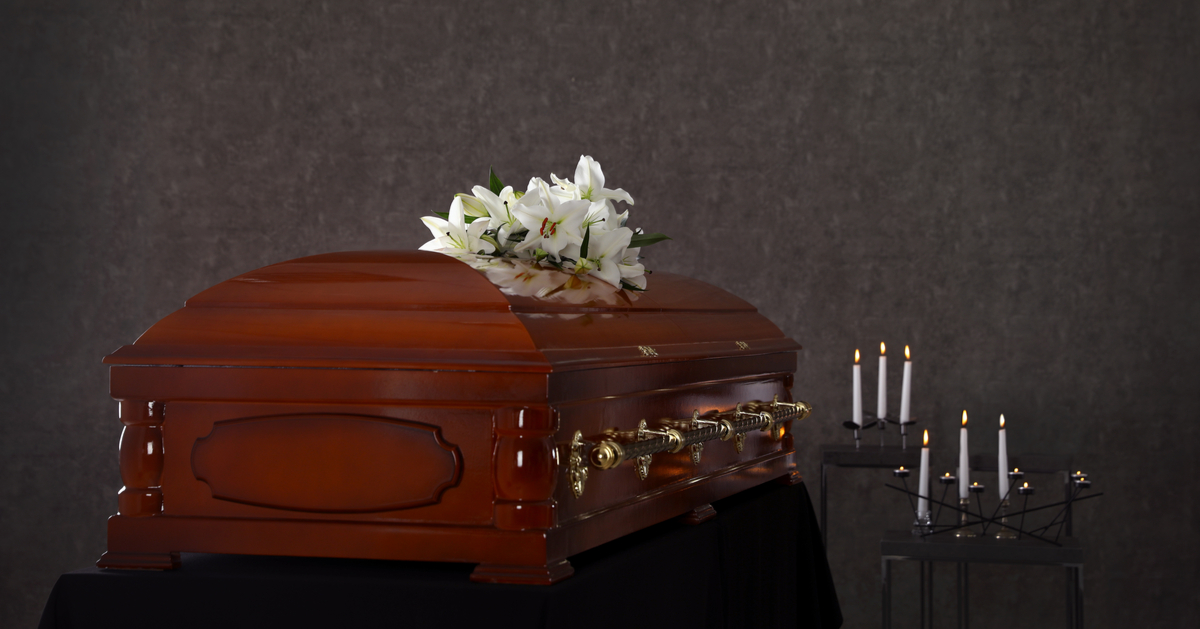Liberal watchdog group presses Justice Alito to recuse himself with reminders from 2006 confirmation hearings
Democrats and liberal activist groups, spurred on by media-manufactured outrage, have been incessantly demanding that conservative Supreme Court Justice Samuel Alito recuse himself from certain controversial cases -- a demand that the jurist has refused to comply with.
The continuing campaign to force Alito's recusal now includes using his own prior statements from his 2006 Senate confirmation hearings against him, as displayed by left-leaning government watchdog group CREW, or Citizens for Responsibility and Ethics in Washington.
The effort is too little, too late, and essentially meaningless now, however, as the cases CREW wants Alito to recuse himself from -- former President Donald Trump's immunity claim and the DOJ's use of an obscure obstruction charge against Jan. 6 Capitol rioters -- have almost certainly already been decided and await only an imminent public release in the coming weeks.
Alito's thoughts on recusal
In January 2006, The Washington Post reported on the intense scrutiny then-nominee Alito faced during his Senate confirmation hearings about his not recusing himself as an appellate judge from a case involving Vanguard, an investment firm with which he owned mutual funds.
Alito admitted that he probably should have recused himself from that case, even though judicial conduct standards didn't necessarily require it, in order to avoid the appearance of a conflict of interest, and suggested that he would be more diligent about recusals in the future if confirmed as a Supreme Court justice.
"I not only complied with the ethical rules that are binding on Federal judges -- and they’re very strict -- but also that I did what I have tried to do throughout my career as a judge, and that is to go beyond the letter of the ethics rules and to avoid any situation where there might be an ethical question raised," Alito told Sen. Orrin Hatch (R-UT).
"I will very strictly comply with the ethical obligations that apply to Supreme Court Justices," he told Sen. Russ Feingold (D-WI) at one point, then later told Sen. Ted Kennedy (D-MA), "I am one of those judges that you described who take recusals very, very seriously."
Nobody is "above the law," including presidents and justices
The Supreme Court will soon reveal its decision on former President Trump's claimed immunity from criminal prosecution, and while it is unknown at this point how any of the justices ruled, CREW used the opportunity to remind Justice Alito of what he said during the 2006 confirmation hearings about nobody, not even presidents, being "above the law" and completely immune from prosecution.
In an exchange with Sen. Patrick Leahy (D-VT) about presidents ordering torture, Alito said, "I think the first thing that has to be said is what I said yesterday, and that is that no person in this country is above the law, and that includes the president and it includes the Supreme Court."
In a separate exchange with Sen. Chuck Grassley (R-IA), the future justice similarly stated, "Nobody in this country is above the law, and that includes the president."
Judicial activism vs. impartiality
Justice Alito has been accused by his detractors of being biased and partial to the ideological right, if not an open activist, because of his conservative beliefs, and CREW sought to play "gotcha" with some of the jurist's confirmation hearing comments about impartiality.
In his prepared remarks, Alito had said, "A judge can’t have any agenda. A judge can’t have any preferred outcome in any particular case."
He also said in an exchange with Sen. Jeff Sessions (R-AL) about partisan activism, "I don’t think that activism has anything to do with being a liberal or conservative. It has to do with not following the proper judicial role. It has to do with a judge’s substituting his or her own views for what the Constitution means and for what the laws mean."






